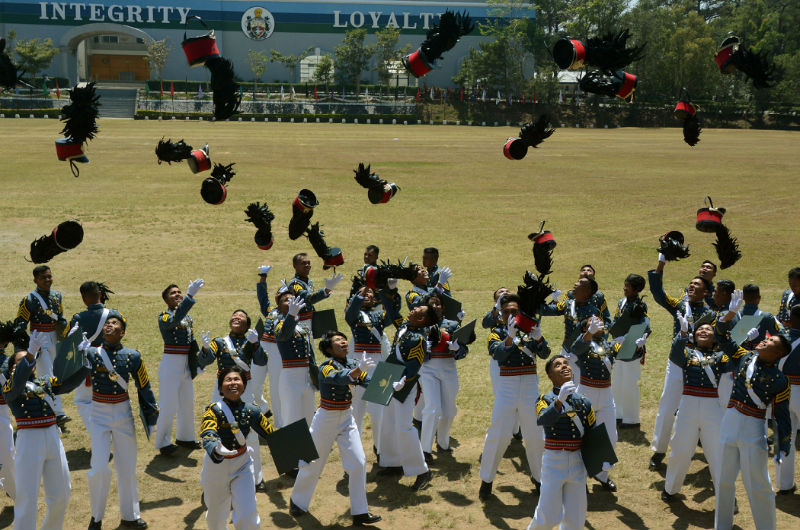LA TRINIDAD, Benguet – Officials and employees of the State-run Benguet State University (BSU) admitted having a monetary liability in favour of the Tadian General Construction in the amount of P1.3 million representing the
remaining balance for the completion of a building project undertaken by the contractor.
However, in their 8-pagejoint counter-affidavit, the BSU officials and employees vehemently denied that they allegedly conspired and confederated in not processing the final payment of TGC and in fact, nothing in TGC’s complaint would show the manner or the reason why they committed the supposed conspiracy.
BSU president Feliciano Calora, Jr., vice president for finance Estrellita Daclan, Veronica Reina Aromin, Imelda Galinato, Matias Angiwan, Jr., Hazeline Tibangay, Canuto Paran, Feliciano delos Santos and Melvin John Aromin claimed there is no reason for them to conspire or collude against TGAC and that the only reason for the non-settlement of the contractor’s claim is due to his alleged failure to submit the required supporting documents before the validity of the appropriation for the project that expired on December 31, 2016.
The embattled BSU officials opposed TGC’s prayer for the issuance of an order for preventive suspension considering that the company has no legal basis in praying for the issuance of a preventive suspension order because their evidence of guilt has no merit, and further BSU’s failure to pay TGC his final billing does not constitute grave misconduct or grave neglect of duty.
TGC filed cases of conduct prejudicial to the best interest of the service, gross neglect of duty, and violation of the pertinent provisions of Republic Act (RA) 6713 against the alleged erring BSU officials for their failure to process the final billing of the contractor for his completed building project amounting to P1.3 million that resulted to the reversion of the fund to the general fund of the government.
The BSU officials asserted that TGC failed to state in his complaint the specific acts or omissions which they might have committed as to make them administratively or criminally liable for the charges filed against them.
TGC was accused of having committed various violations
which he failed to rectify despite verbal instructions, thus, the company was ordered to carry out the corrective measures for the violations committed.
The BSU officials added TGC’s work was suspended due to certain violations of the original plan, particularly omission of the footing tiebeams and non-compliance of clear concrete cover for beams which compromised the structural
integrity and safety of the building and the same could have been a ground for BSU to terminate the construction contract.
However, they pointed out that since the violations pose serious threat to persons and properties, BSU was forced to hire an external evaluator to ensure that the violations will be rectified, thus, a structural consultant conducted an independent evaluation of the violations and made recommendations that remedial measures be undertaken by the contractor at his own expense.
Due to the said violations, TGC’s contract was suspended for 88 days and the work suspension was appealed and with his assurance to undertake remedial measures for the violations in compliance with the recommendations of the external consultant, BSU approved the appeal.
While TGC submitted his request for payment of his final billing, the BSU officials claimed that the supporting documents needed for the processing of his final billing such as the final statement of account which was in his possession for his signature were not allegedly submitted to
BSU on or before December 31, 2016.
The joint counter-affidavit stipulated when TGC submitted
to BSU the supporting documents, the books of accounts of the institution for 2016 already closed and in so far as the College of Teacher Education building project is concerned, the validity of its appropriation also expired on December 31, 2016.
The BSU officials admitted that consequently, it was legally impossible for the school to process TGC’s claim without any appropriation in which the claim may be charged.
The BSU officials emphasized the receipt of the belated submitted supporting documents was with the intent of finding possible means of processing the payment of TGC’s final billing, however, the only legal means in which TGC may be paid is by means of filing a claim with the Commission on Audit (COA), which was made known to TGC.
By HENT















